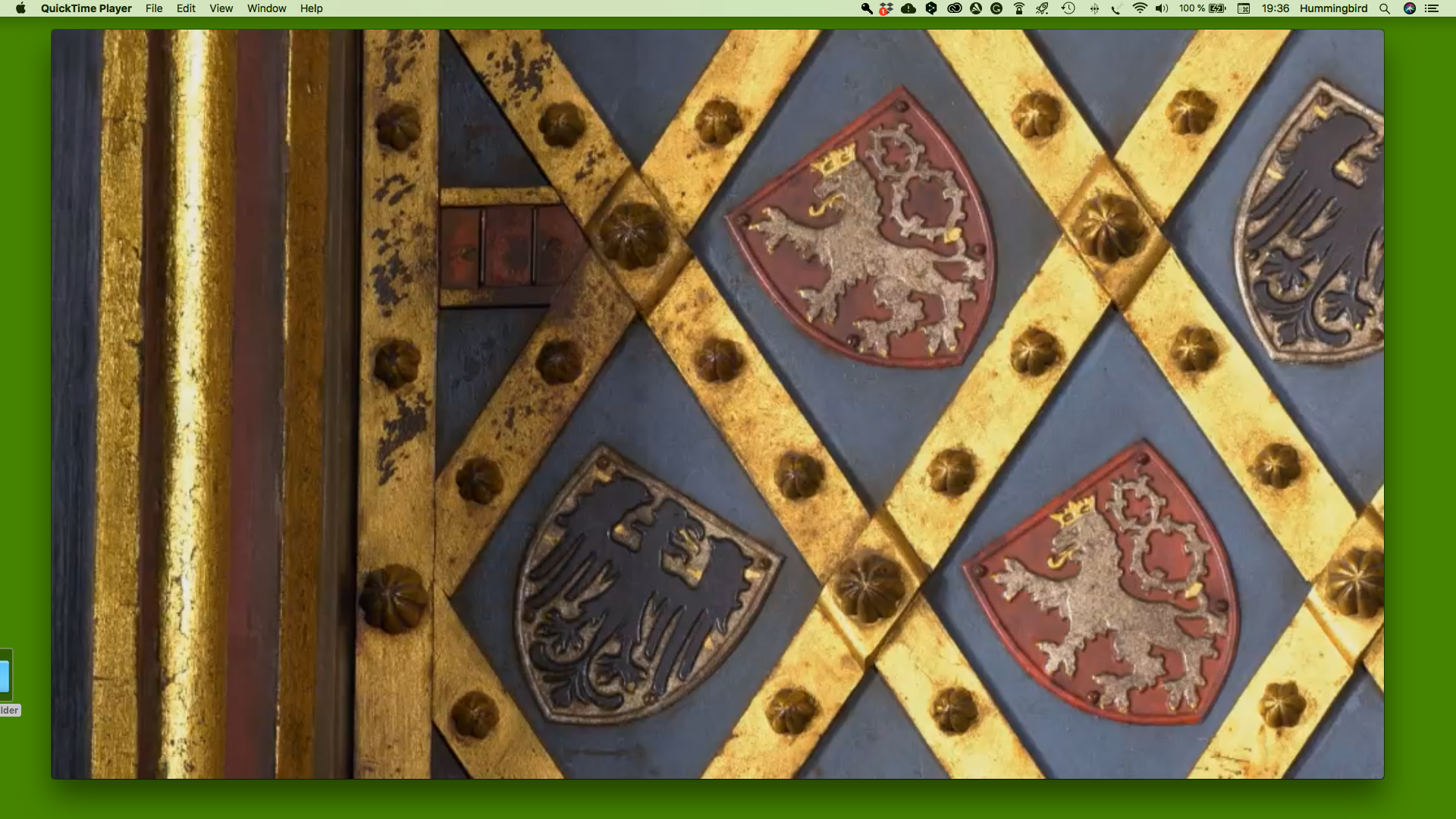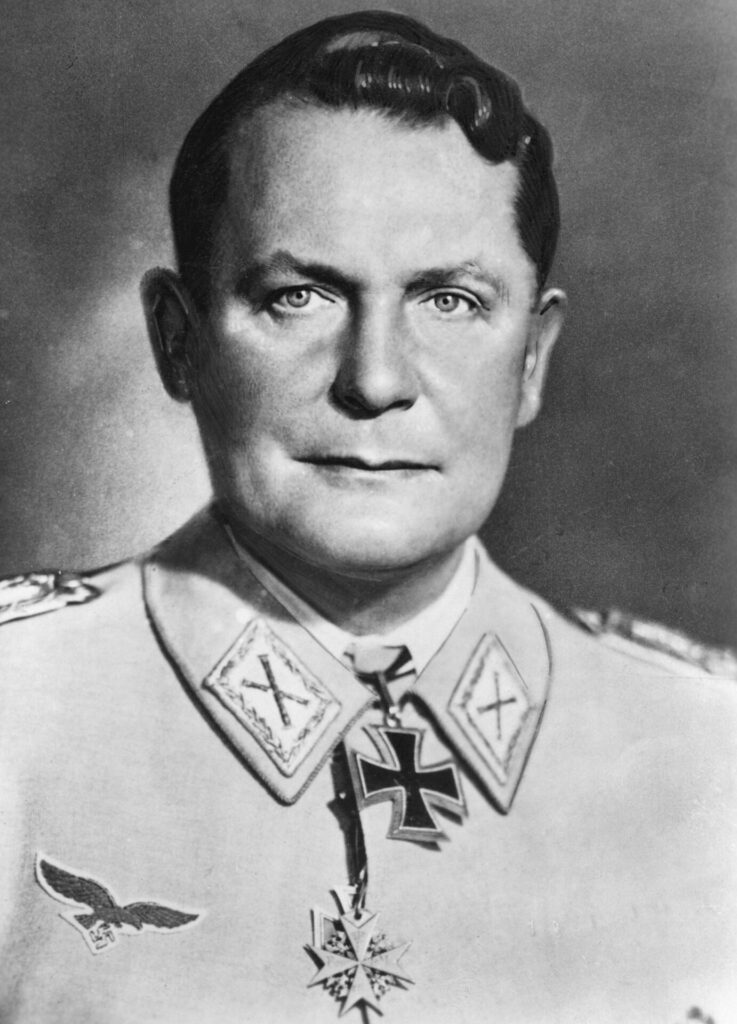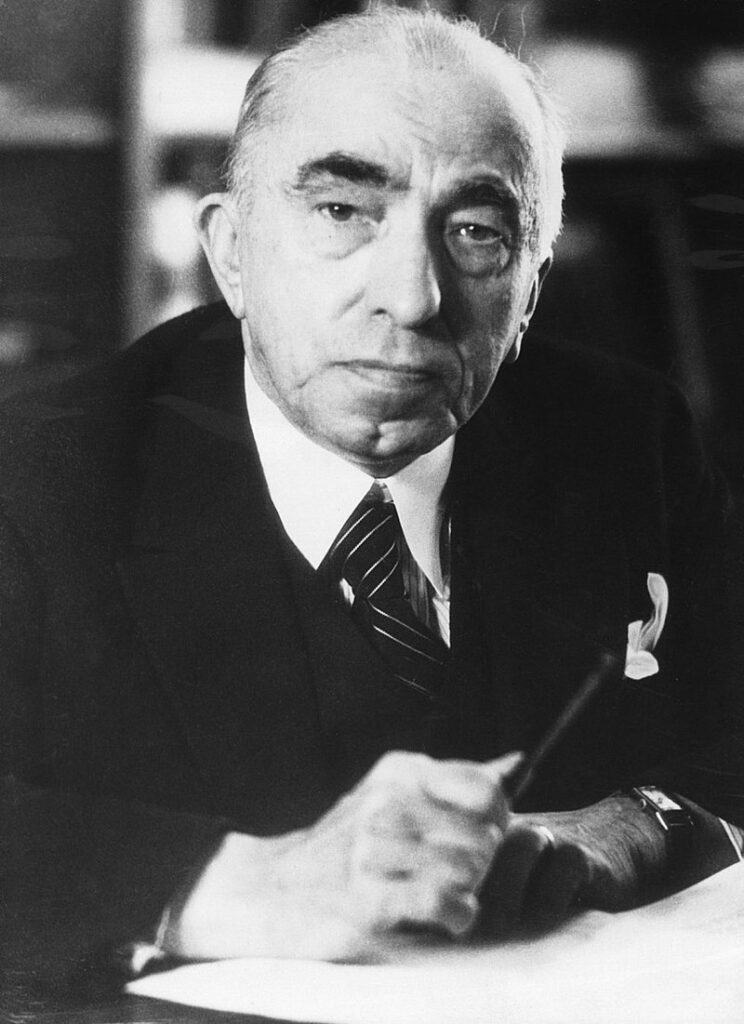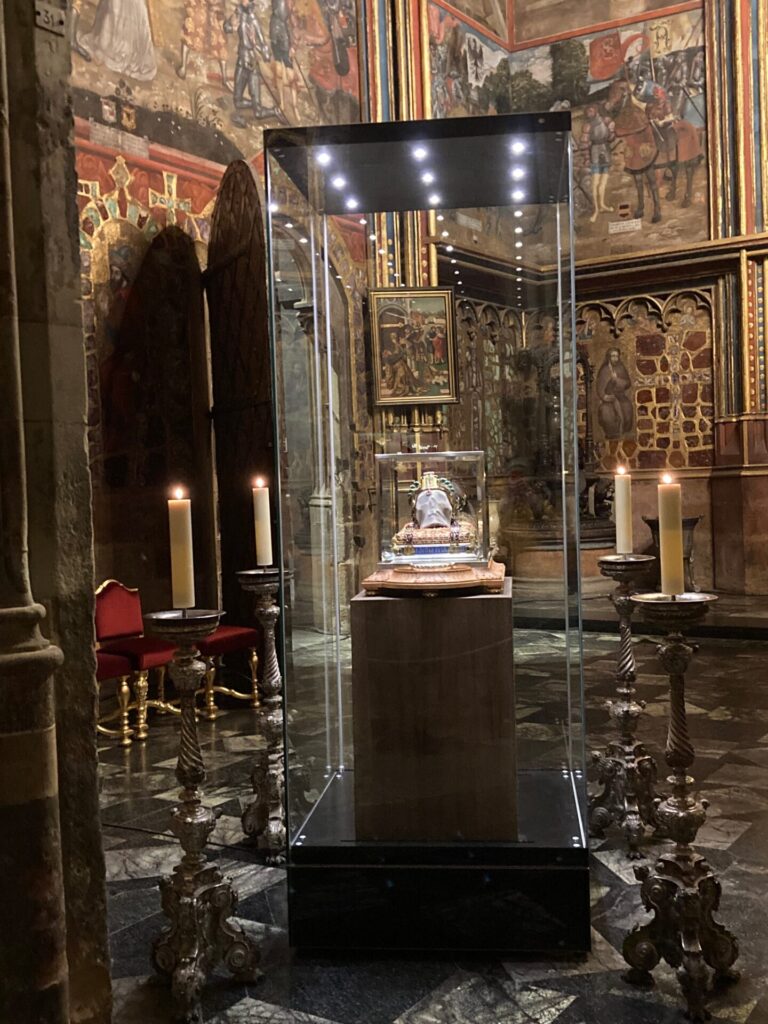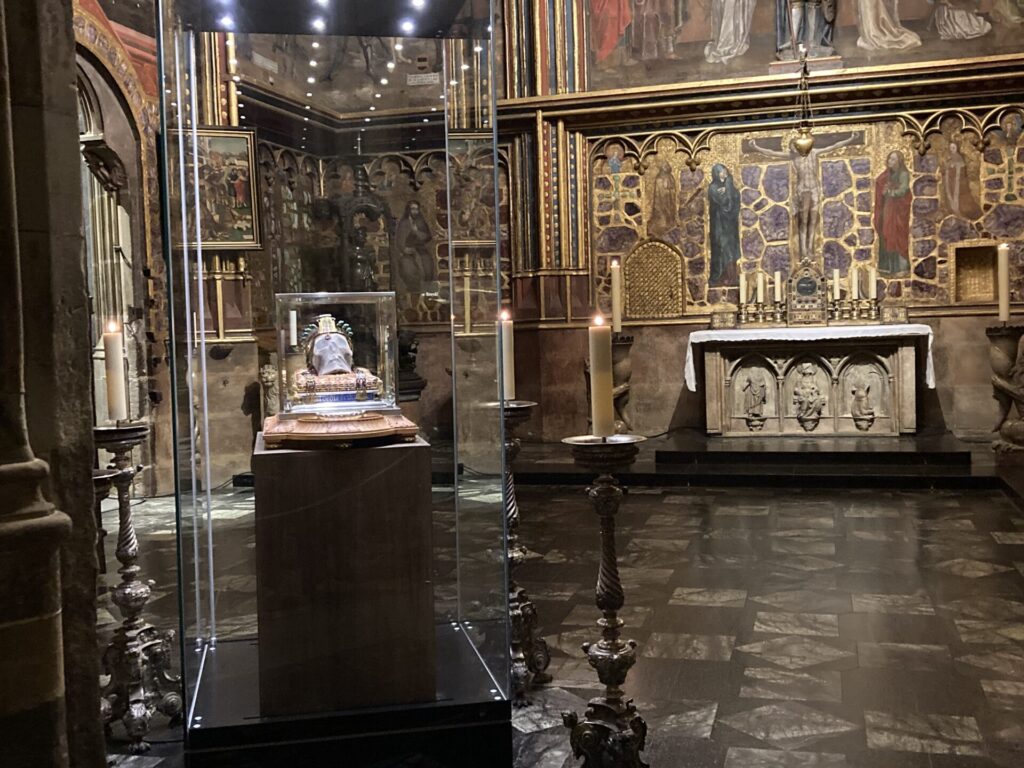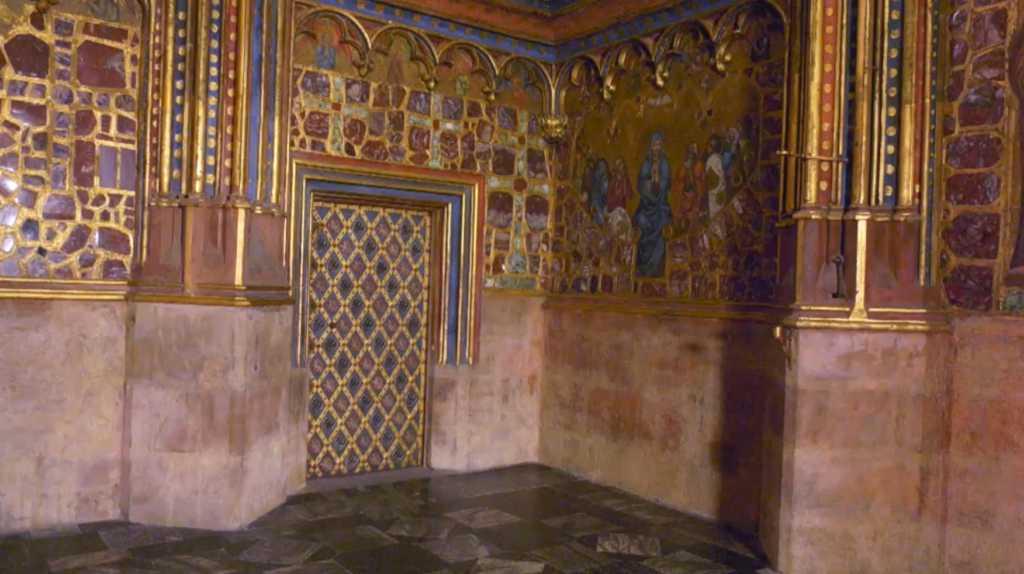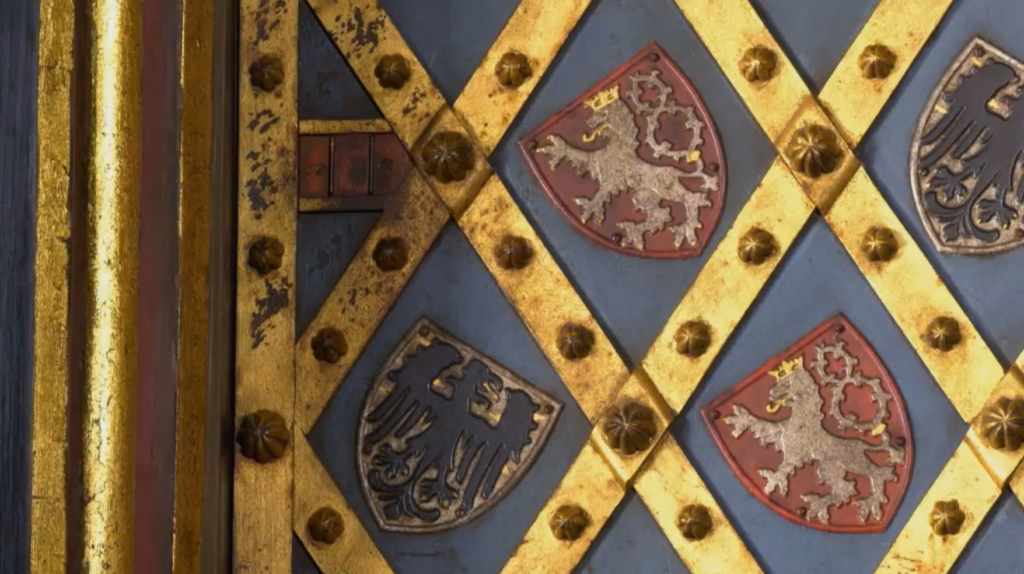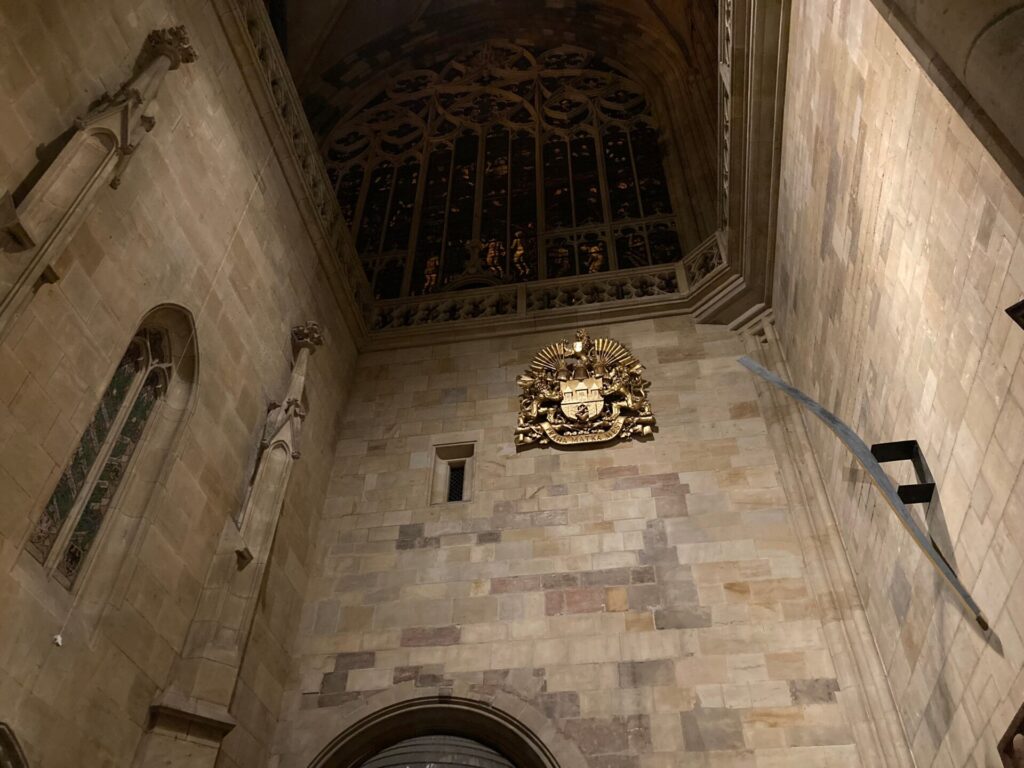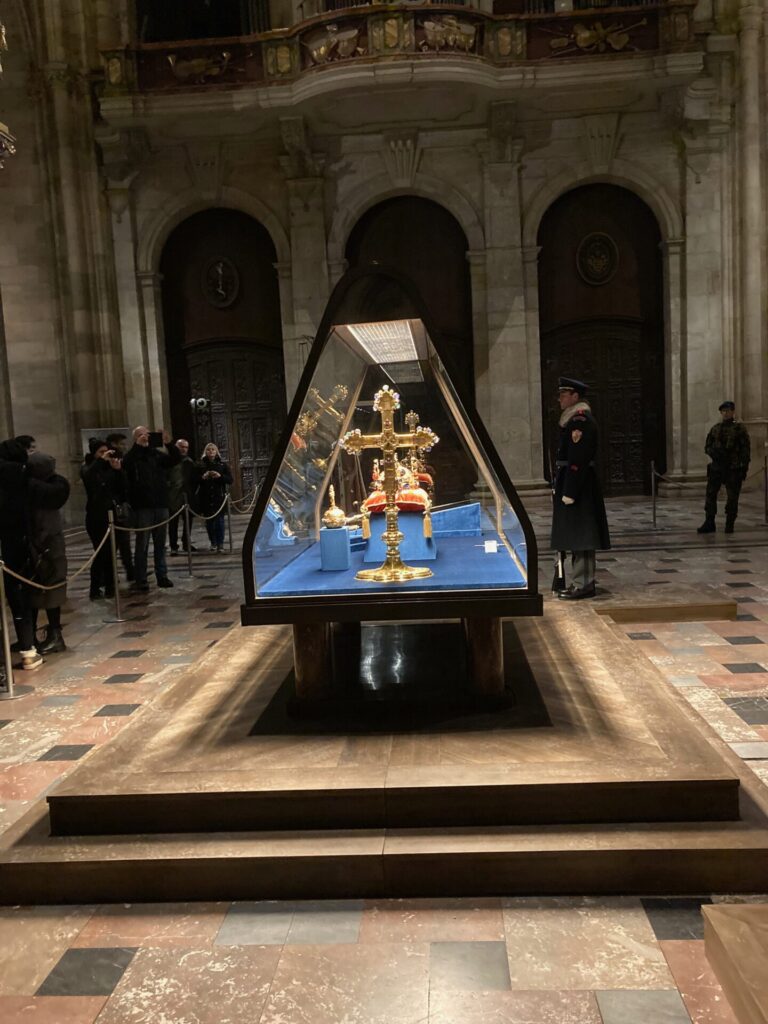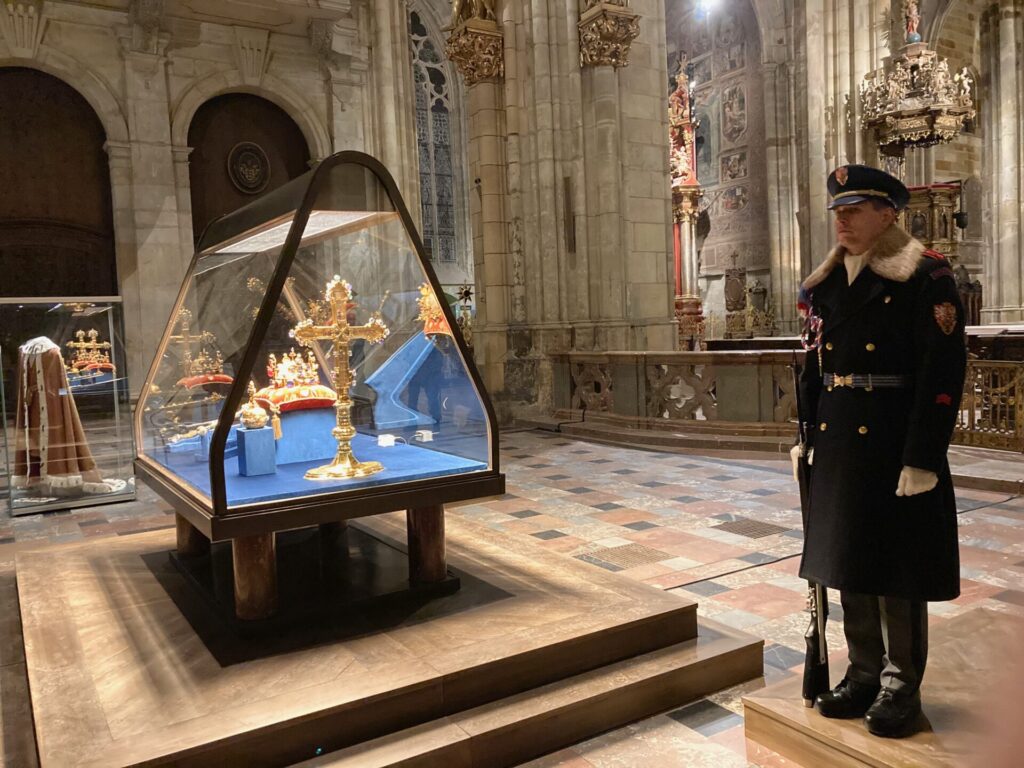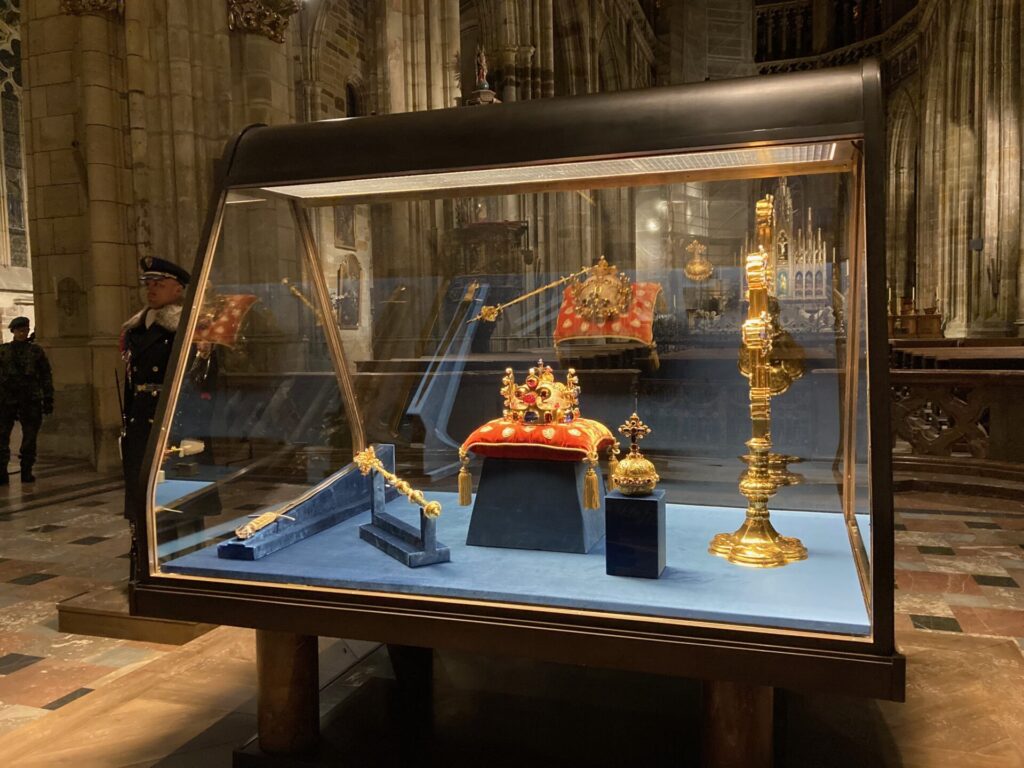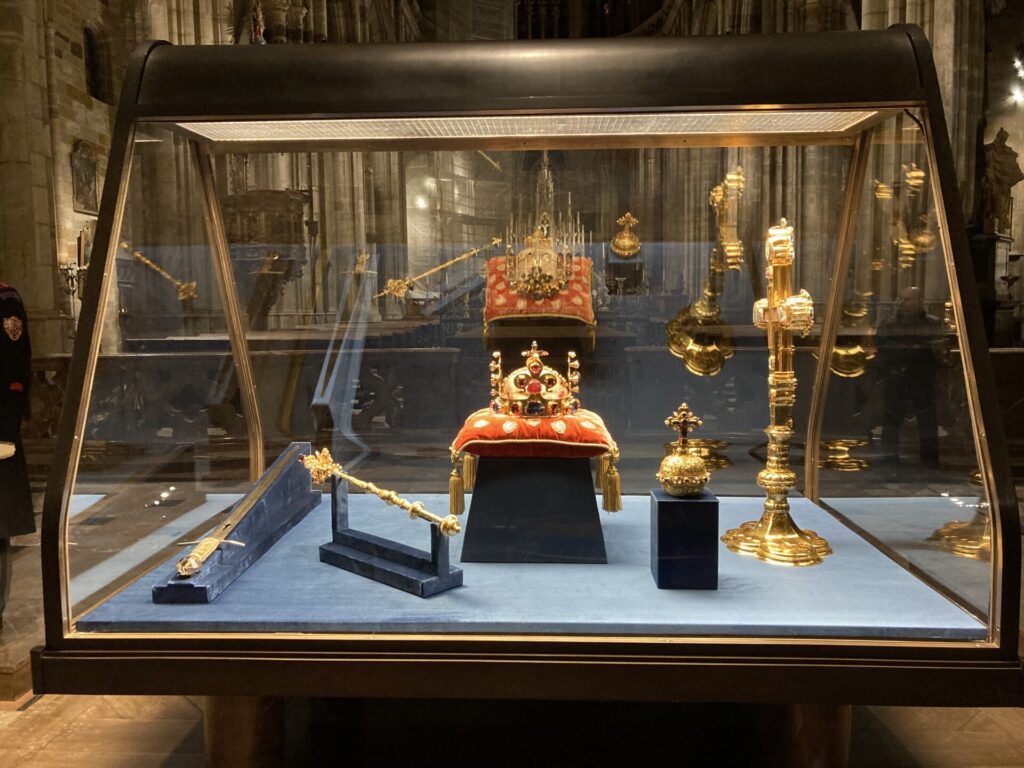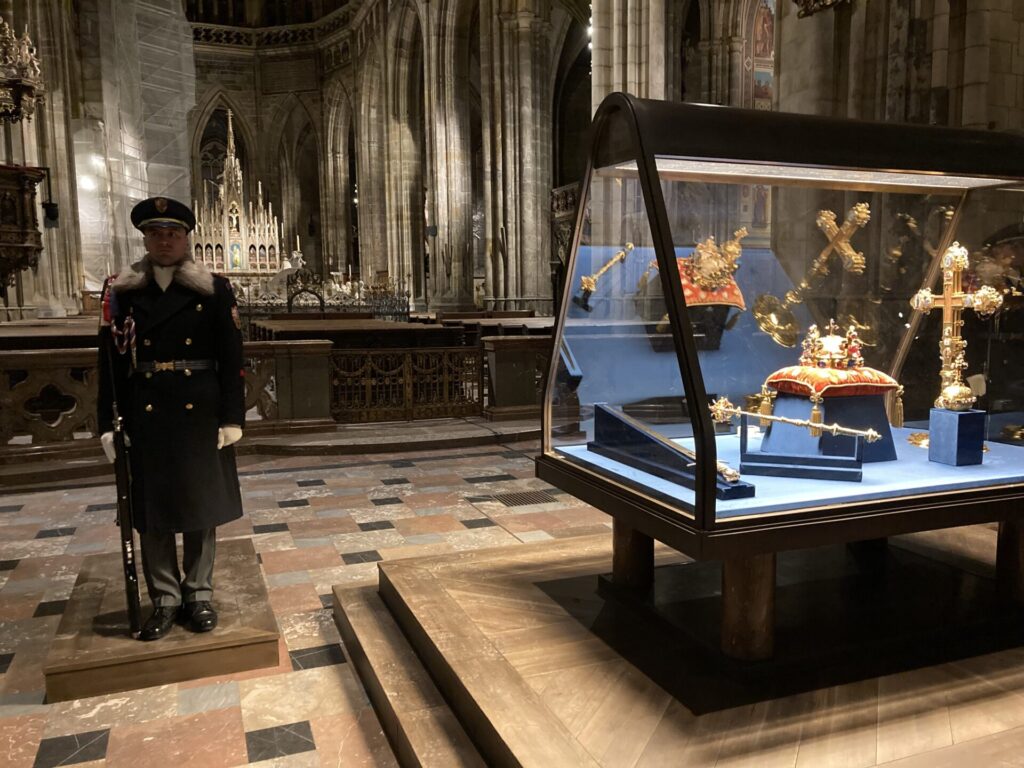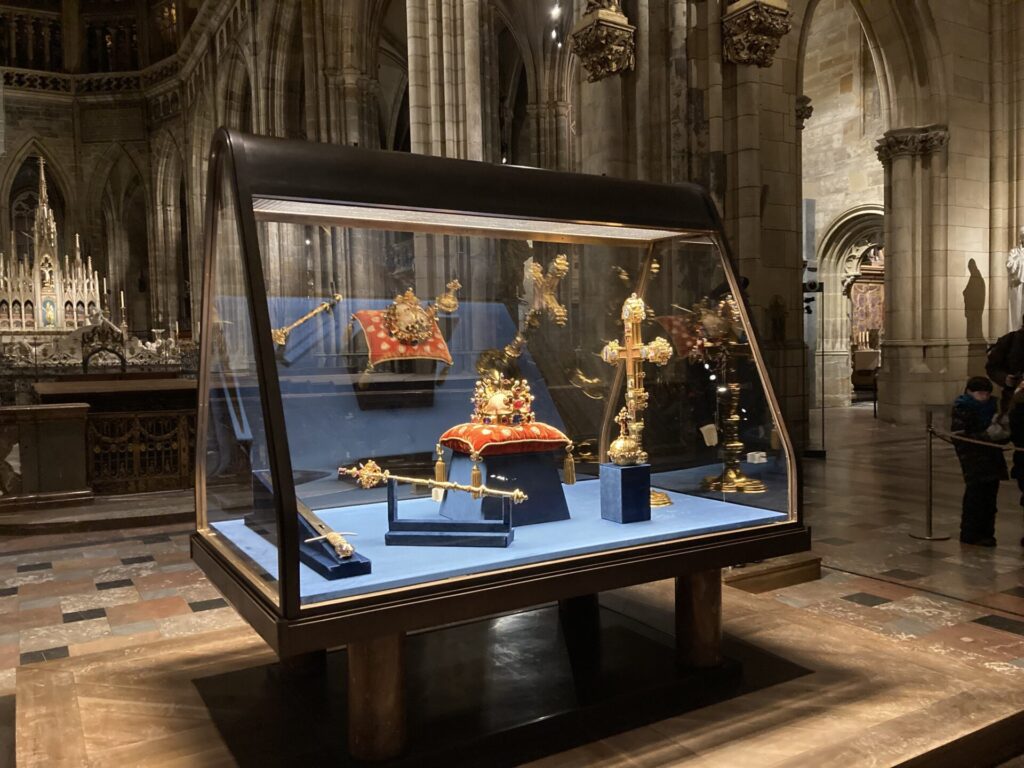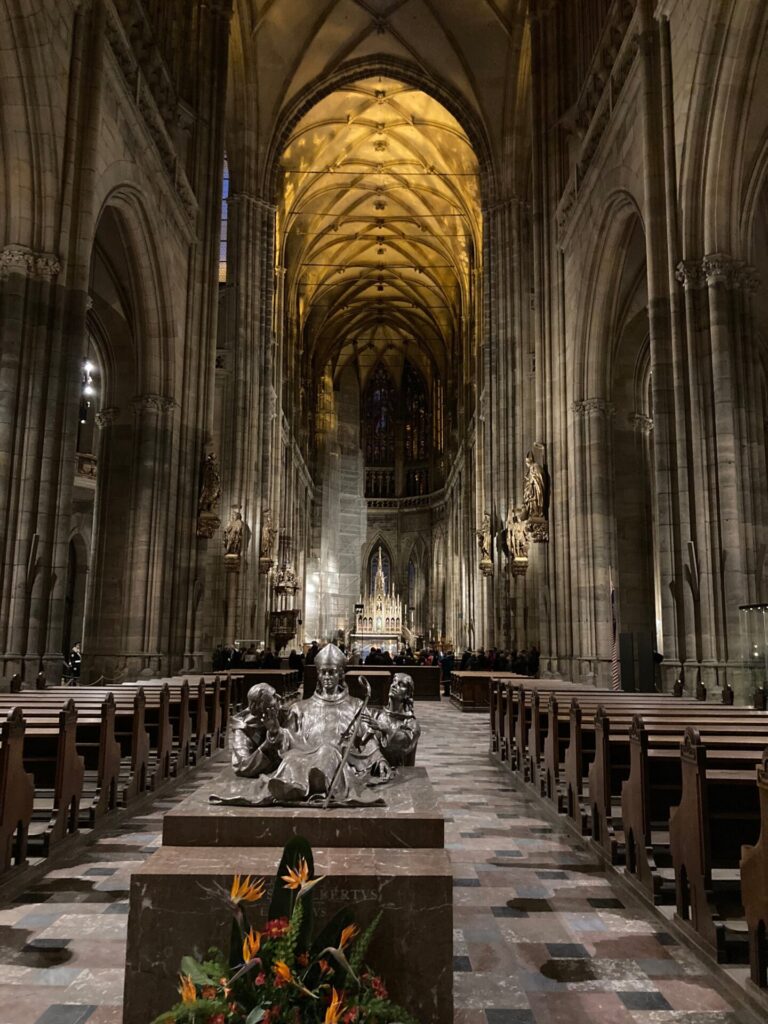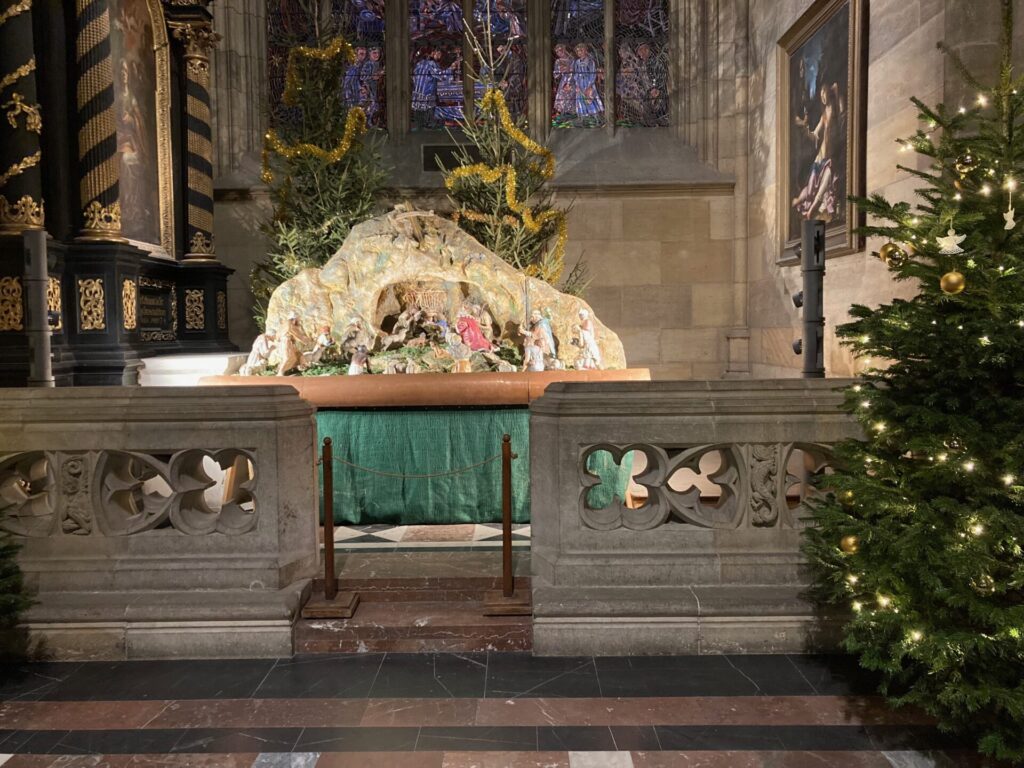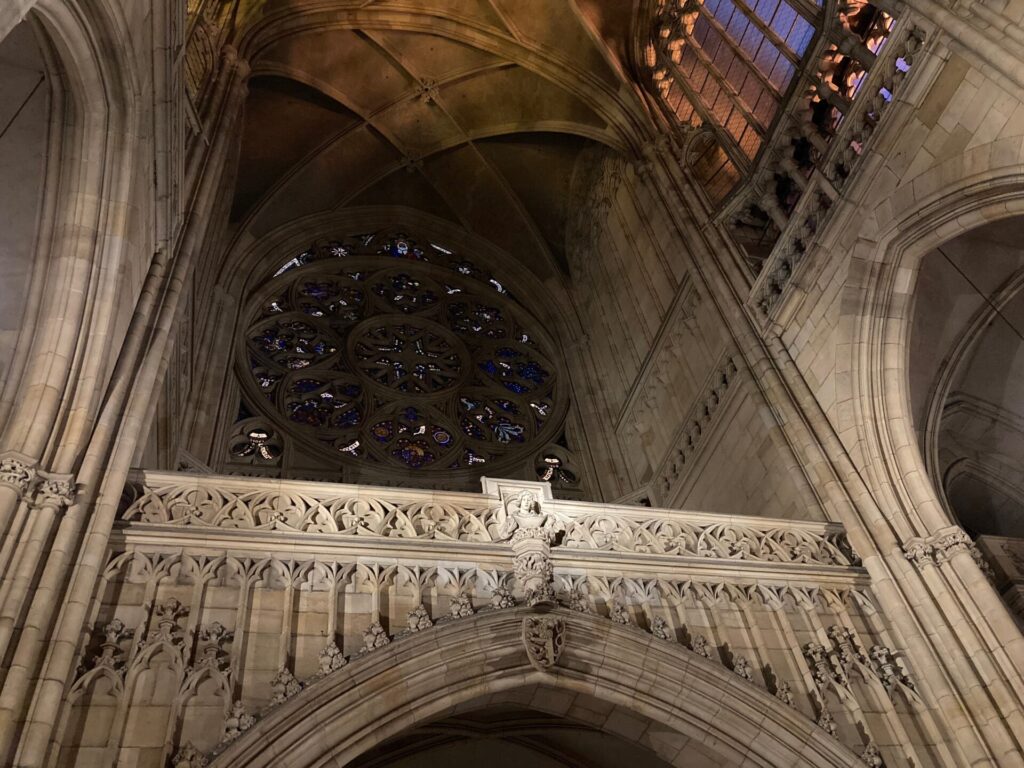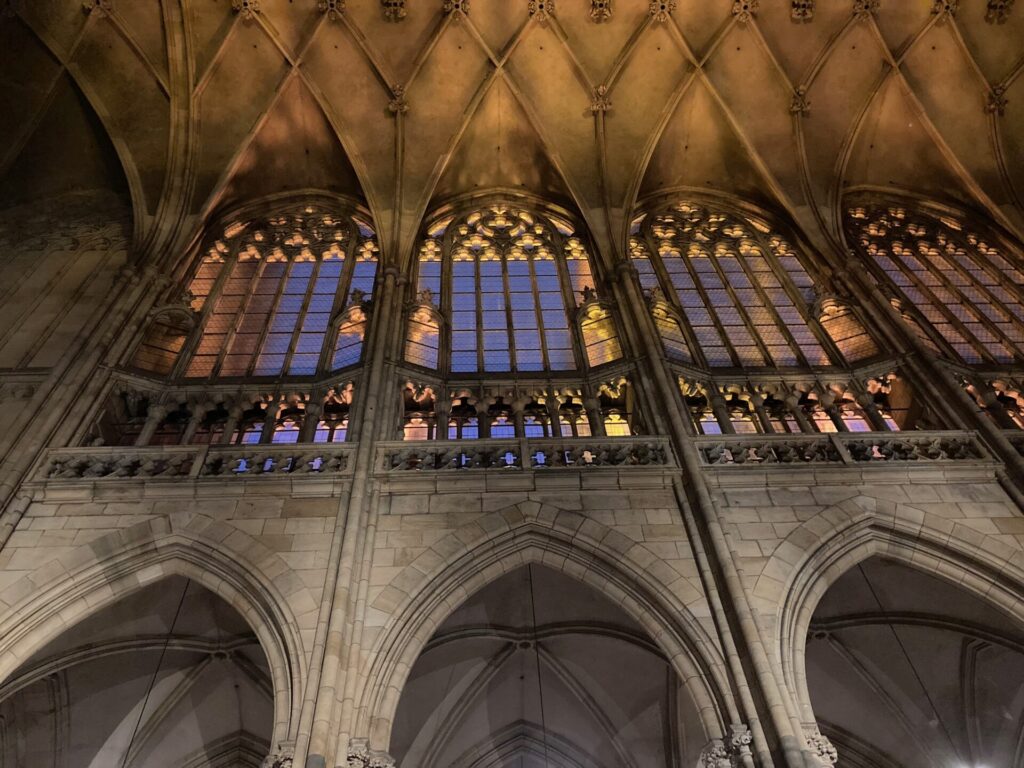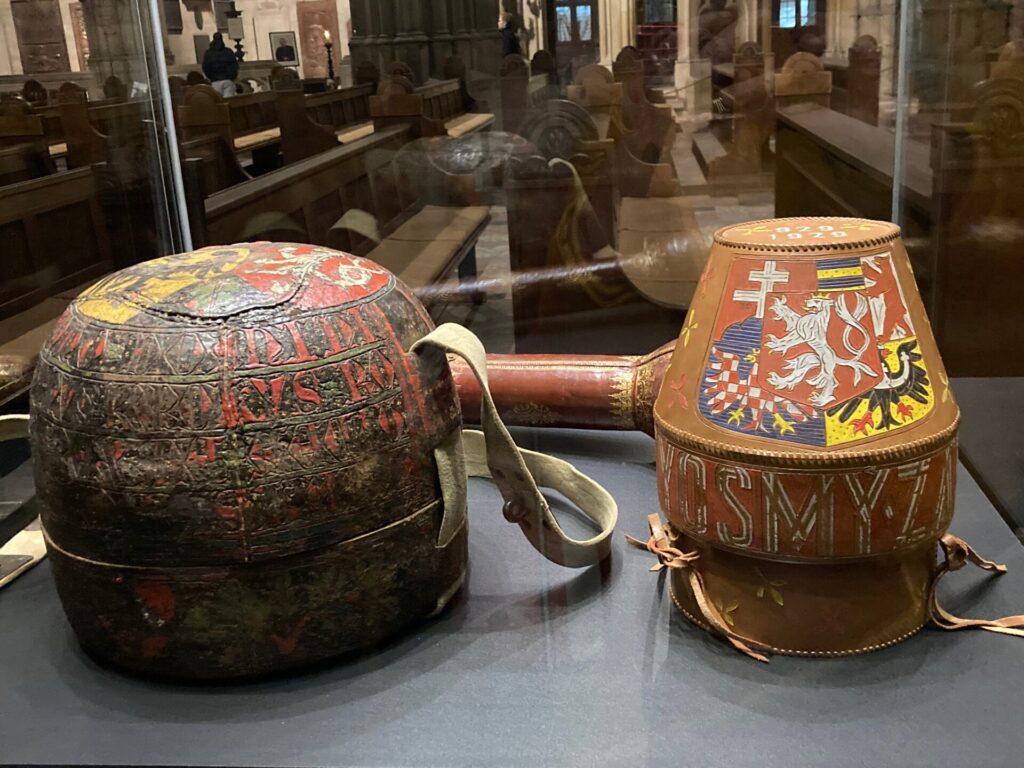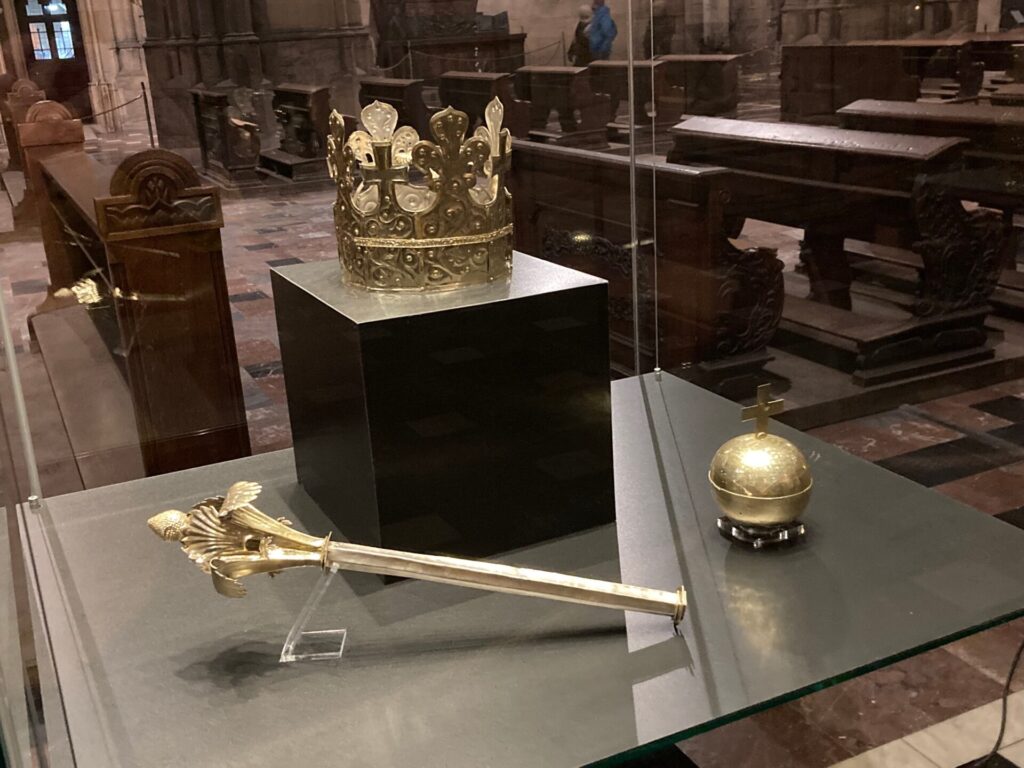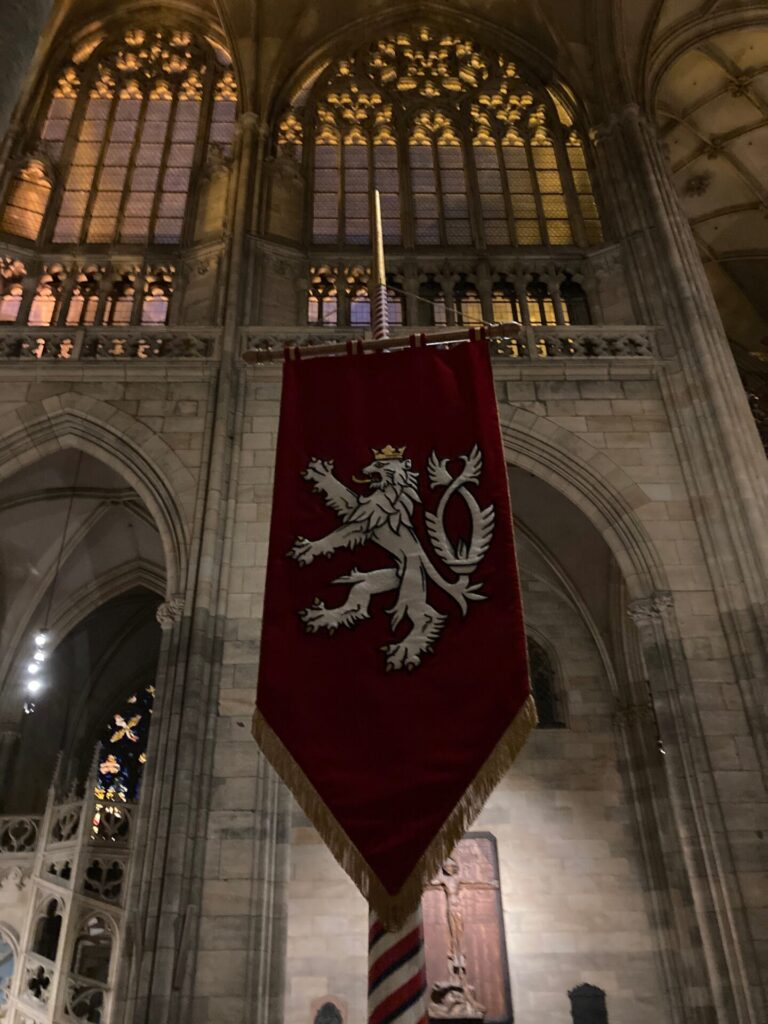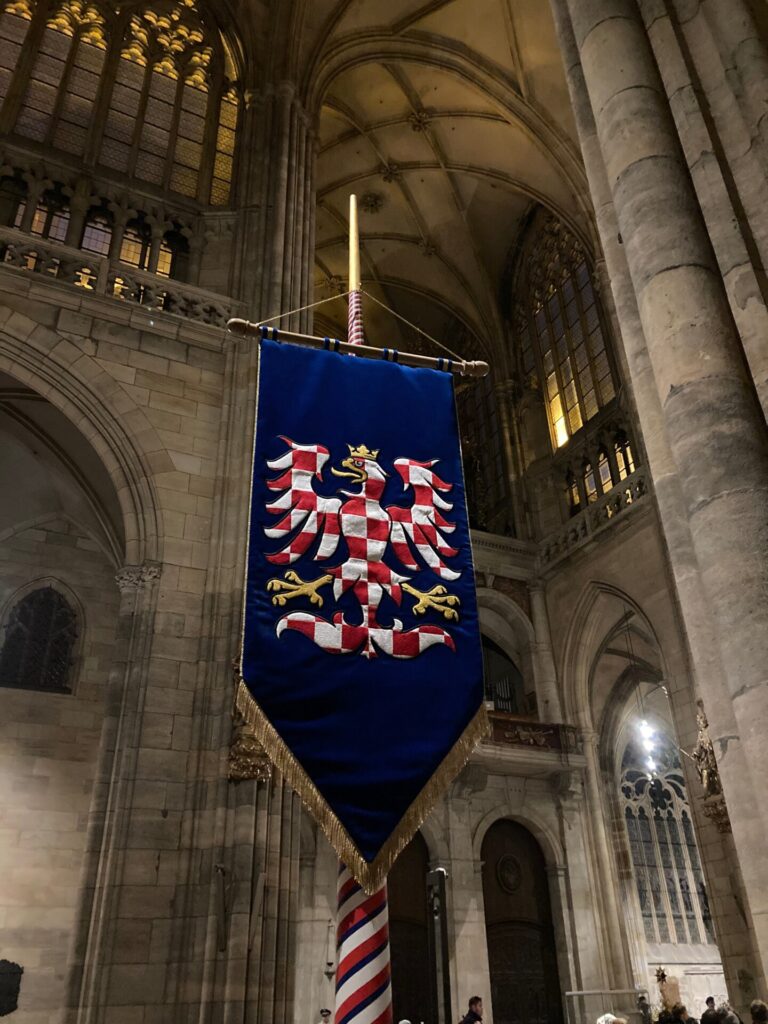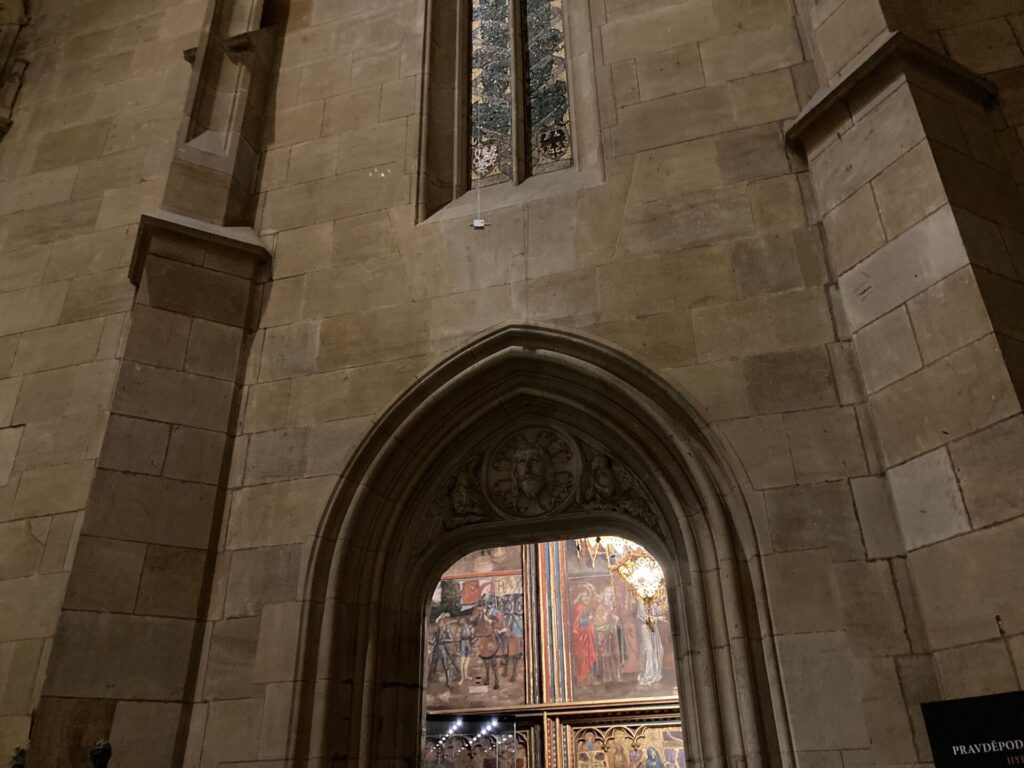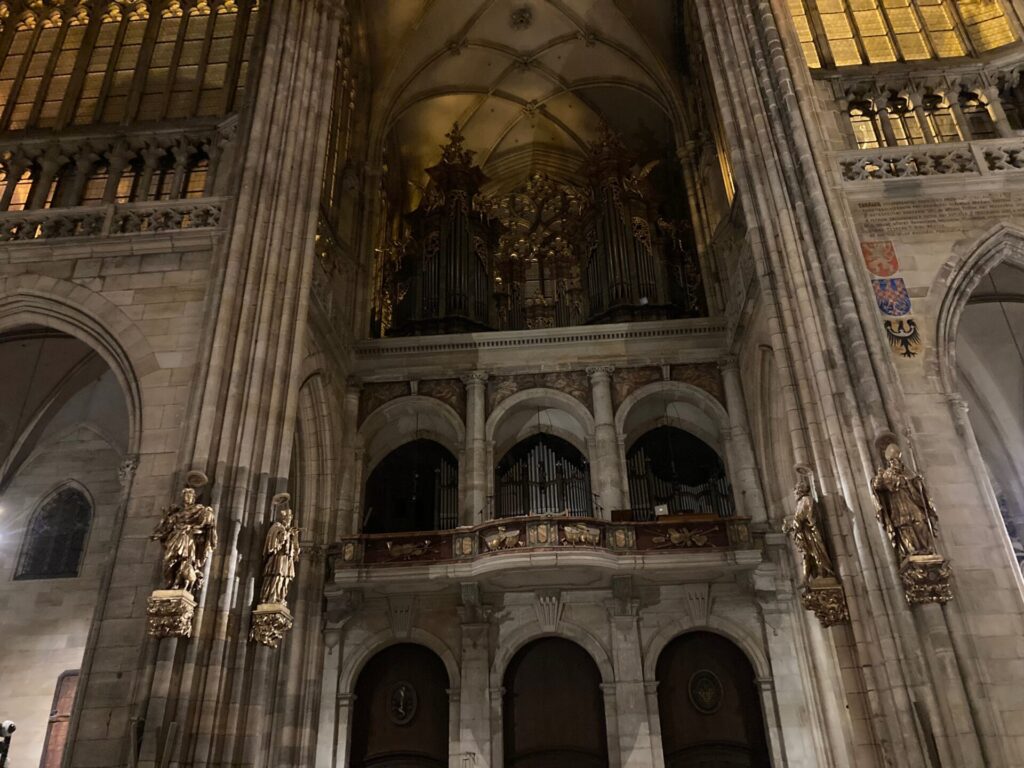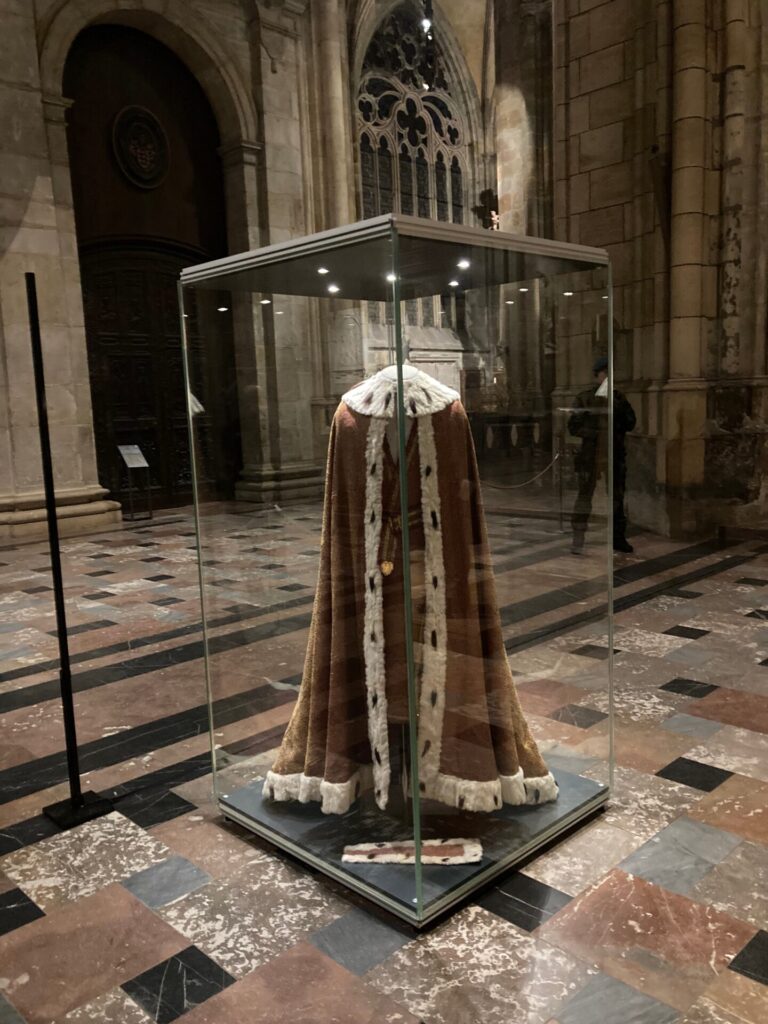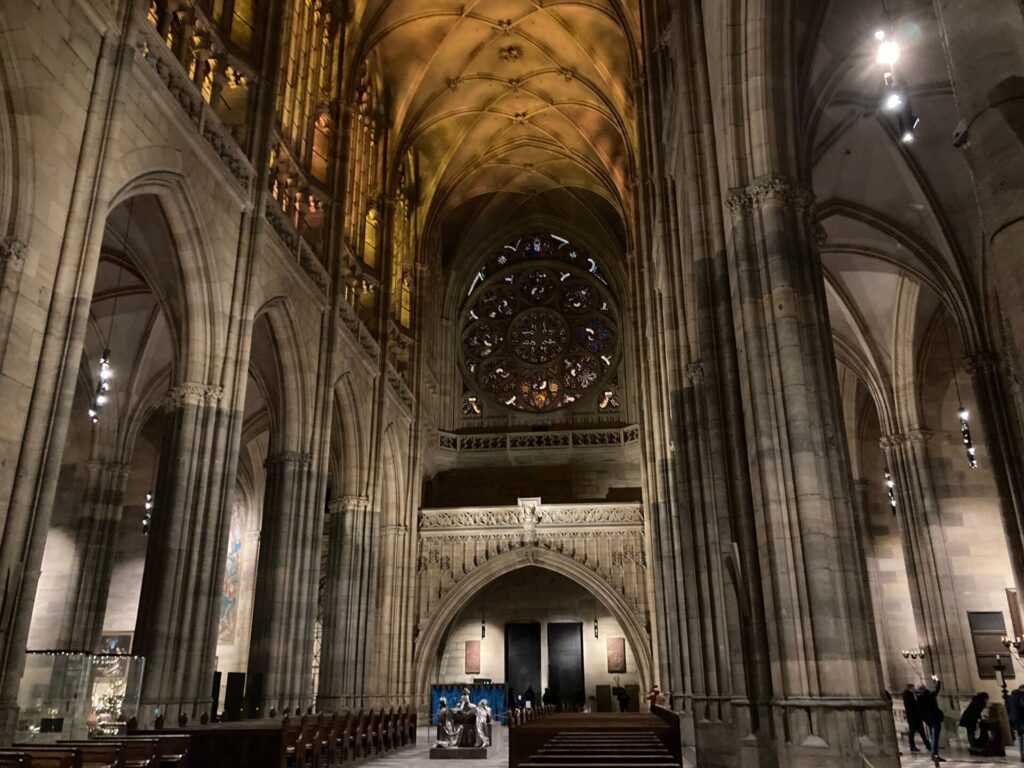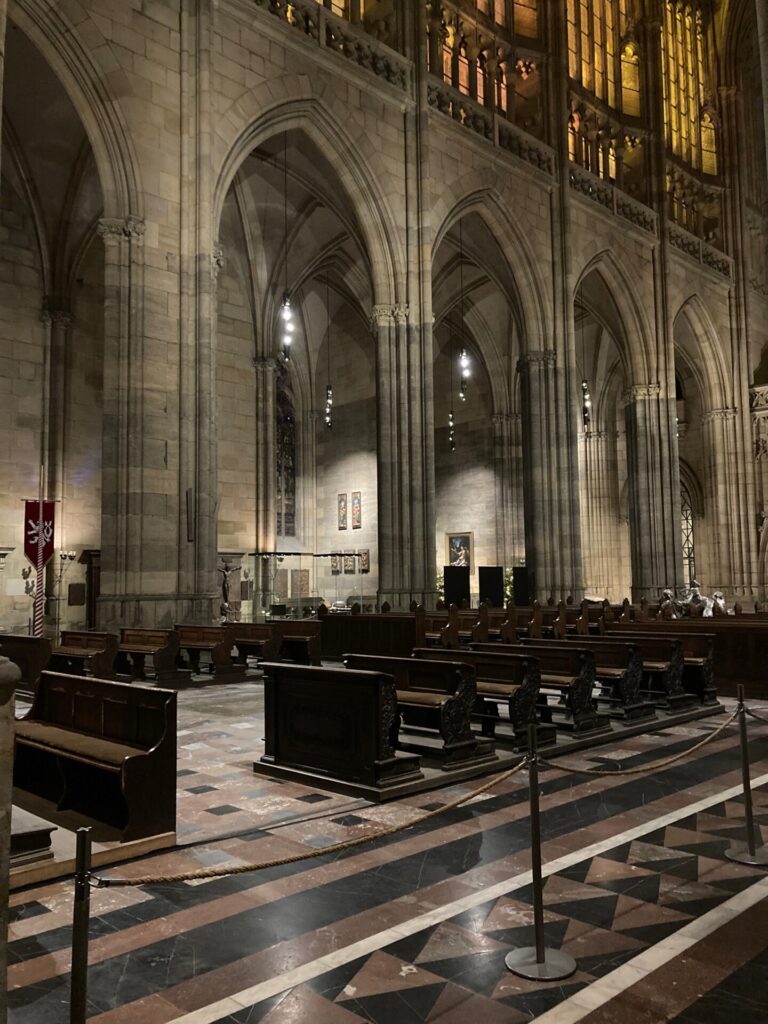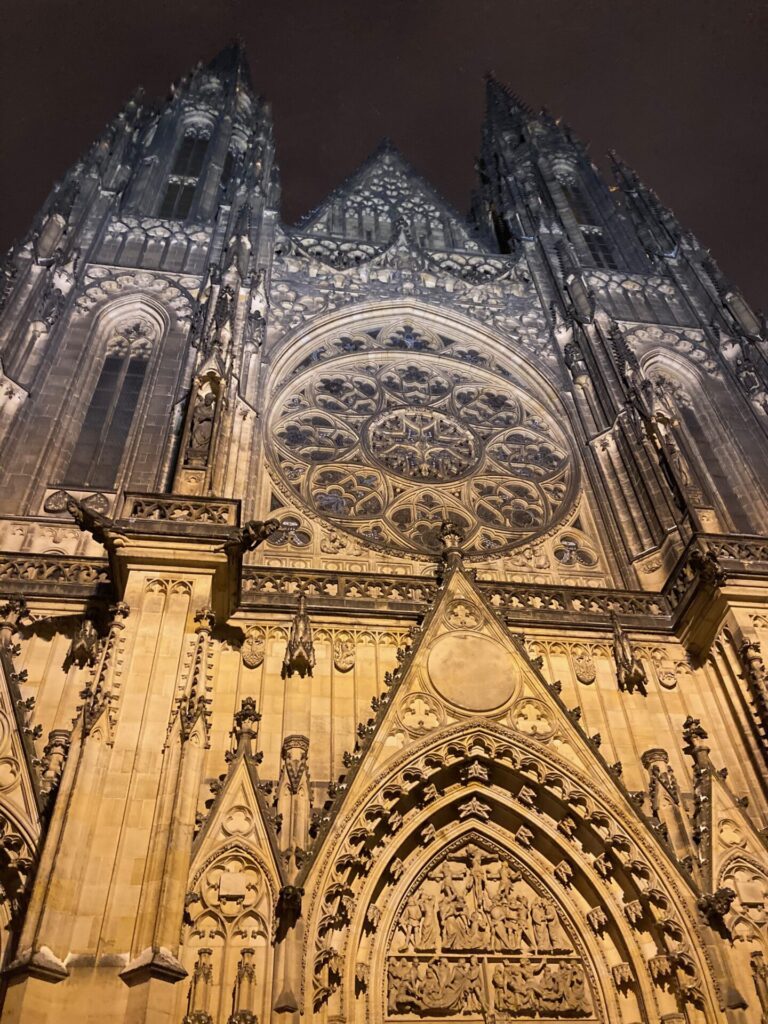During the war, the Czech President was the lawyer Emil Hácha, who held the office with the knowledge of a voluntary sacrifice for his country. However, unfortunately, 1938 was not a good year for him. Neither in his personal life nor his professional life. His beloved wife died, and his only daughter divorced.
In September 1938, Germany, Italy, France, and Great Britain signed the Munich Agreement, which resulted that the border territories of Czechoslovakia would fall to Germany (the breakup of democratic Czechoslovakia was one of the successive steps by which Adolf Hitler wanted to dominate Europe). They signed that agreement with the vision that the cession of territory would succeed in deterring Adolf Hitler from further expansion and world war – but this did not happen.
This agreement is still one of the greatest injustices in Czech history. The phrase that characterized the deal is still synonymous with betrayal in any situation: “About us without us.”
In October 1938, President Beneš abdicated under pressure from the Germans and then subsequently exiled to Great Britain. In November, the lawyer Emil Hácha became President – a man who did not aspire to this position but was aware that someone had to carry out that difficult task.
On March 14, 1939, Hitler invited President Hácha to Berlin for negotiations. Hitler kept him waiting until half past one in the morning because he wanted to watch a movie. Then Hitler gave Hácha two options, each of which was very bad. Either the establishment of a protectorate or a military invasion. At the same time, Hitler wanted President Hácha to sign a request for German protection of the country. Mr. Hácha refused until four in the morning when Hermann Göring (Hitler’s deputy and commander of the German Air Force) told him that he loved Prague and admired its beauty. And that he really wouldn’t want President Hácha’s intransigence to force him to bomb Prague Castle and the Lesser Town. Emil Hácha had a heart attack and signed. The next day, the German army entered our territory.
President Hácha later told one of his friends that he did not give in when Adolf Hitler shouted at him. He did this only after Hermann Göring spoke to him jovially: “When I was almost dead from exhaustion, he took me by the hand, took me aside in a friendly way, and gently persuaded me if the whole of that beautiful historic Prague needed to be razed to the ground in a few hours to blow everything up. Prague Castle, the cathedral, everything. And he was smiling. I recognized that the devil was speaking to me, who could carry out his threat.”
In September 1941, Reinhard Heydrich became the Deputy Protector of Bohemia and Moravia. Shortly after his arrival in Prague, he said: “If the Czechs celebrate St. Wenceslas, we don’t always have to treat him as a Czech saint, but as St. Wenceslas was a man who understood that the Czech nation could only live in German space. Therefore, if the Czechs celebrate St. Wenceslas, then they prove that he was right.”
Part of Heydrich’s contemptuous attitude towards the Czechs is his behavior towards the crown jewels. These have been stored in the Crown Chamber in the St. Vitus Cathedral since the end of the 18th century. The stairs to it are behind the door in the chapel of St. Wenceslas. (The small window in the third photo is the Crown Chamber window.)
The door has seven locks. Keys to it are held by: the President of the Republic, the Prime Minister, the Prague Archbishop, the Chairman of the House of Deputies, the Chairman of the Senate, the Dean of the Metropolitan Chapter of St. Vitus Cathedral, and the Lord Mayor of Prague. On November 19, 1941, Reinhard Heydrich forced President Emil Hách to give him all seven keys to the Crown Chamber. He got them, but it’s possible he died because of it.
Legend says that anyone who wrongly puts the St. Wenceslas crown on their head will die within a year. We don’t know for sure, but it is said that Reinhard Heydrich was so sure of his power that he put the crown on his head.
Less than a year after he arrived in Prague, Reinhard Heydrich died. He was killed in an assassination attempt by Czechoslovak paratroopers who had been sent to the protectorate from Great Britain on the authority of Edvard Beneš’s government-in-exile.













